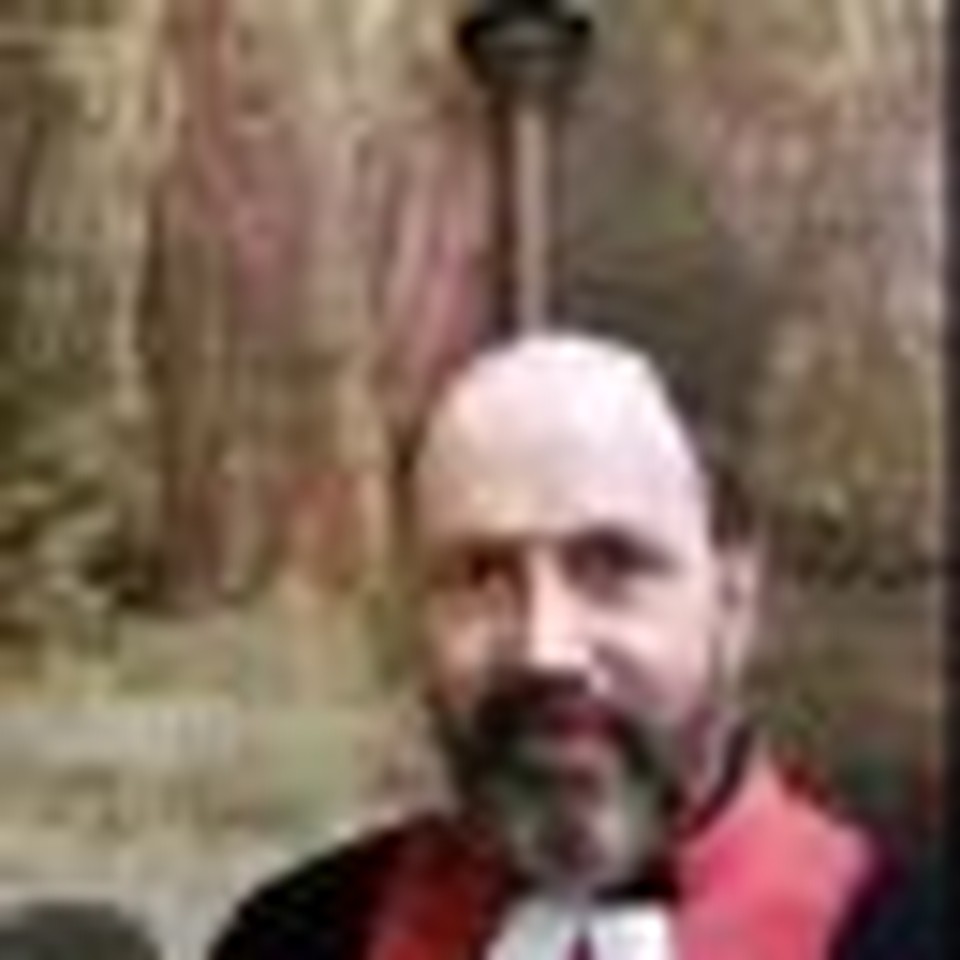10 Minutes with N.T. Wright on "Why Christian Character Matters"

In his latest book, After You Believe: Why Christian Character Matters, Anglican Bishop N.T. Wright of Durham, England, calls for a return to virtue as the means to reorient the church and society at large.
Christians have become so preoccupied with who gets their eternal reward and who doesn't, Wright says, that they've lost sight of the bulk of the New Testament, which instructs believers on how to live this life, here and now.
Rather than a polemic in support of a more strident legalism or a treatise on what some might call "cheap grace," Wright argues that the idea of virtue -- moral strength -- is the best way forward through our troubled times.
Wright discussed how virtue can be fostered in secular society as well as how the church can reclaim the message of the gospel. Some answers have been edited for length and clarity.
Q: It would seem the Western world has not dealt well with the nervous times we're living in. Is this because we have not developed the virtues we ought to have?
A: We just haven't had that discussion. People in public discourse haven't had that to fall back on, so it's, "Well, these people over here believe in a whole lot of rules. Well, good luck to them, but we don't like rules." Or, "Those people over there believe in doing what comes naturally. Well, that sounds like fun." And then the only question is, "Is it going to hurt anybody?"
That's the way that we've done a lot of our implicit and sometimes explicit moral reasoning. And it's starting to show.
Q: How do you persuade people to embrace virtue?
A: People are getting totally fed up with the rule-book mentality in society as a whole. Character is what counts, not being able to check boxes on forms. That's a kind of a groundswell in the wider secular society, as well as in the church. We need to ride that wave. Creating more and more rules is never the way to live a fully human life.
Q: In terms of fostering character and virtue, can society at large get there without the leadership of the church?
A: Well, that's an interesting one, isn't it? God is good and God's grace does stuff sometimes despite the church and sometimes through the church. When I look at South Africa and what happened there over the last 20 or 30 years, I see on the one hand Desmond Tutu -- one of the greatest Christian leaders of the 20th century. And I see on the other hand Nelson Mandela, who did not present himself as a "Christian leader." He just happened to be an extraordinary human being who, in his years in prison, had learned virtue. He'd learned patience, dignity, self control, composure, and was able to come out as a man of real stature.
I would say that, again and again, the church has an almost accidental leadership role where people emerge in communities and are in the right place, say the right thing, give comfort to the right people.
I don't want to say that this is something Christian people can do and nobody else can do, but I do want to say that when Christian people are prepared to be led and guided by God to develop character, then leadership skills emerge in unlikely places, and sometimes turns up just when that society needs them.
Q: The development of virtue, as you describe it, is individual but you say it cannot be done in a vacuum. It must be done in community?
A: I think it's rather like saying there may be machines that enable you to practice baseball by yourself -- you know, a machine that will fling a ball at you and you hit it back. But in reality, if you want to learn how to play baseball, you have to have at least two other people and preferably even a few more than that.
The thing we need to learn is that morality is rather like that. It isn't just an individual thing. It is about how we work together.
c. 2010 Religion News Service. Used with permission.
Original publication date: April 5, 2010
Originally published April 05, 2010.







